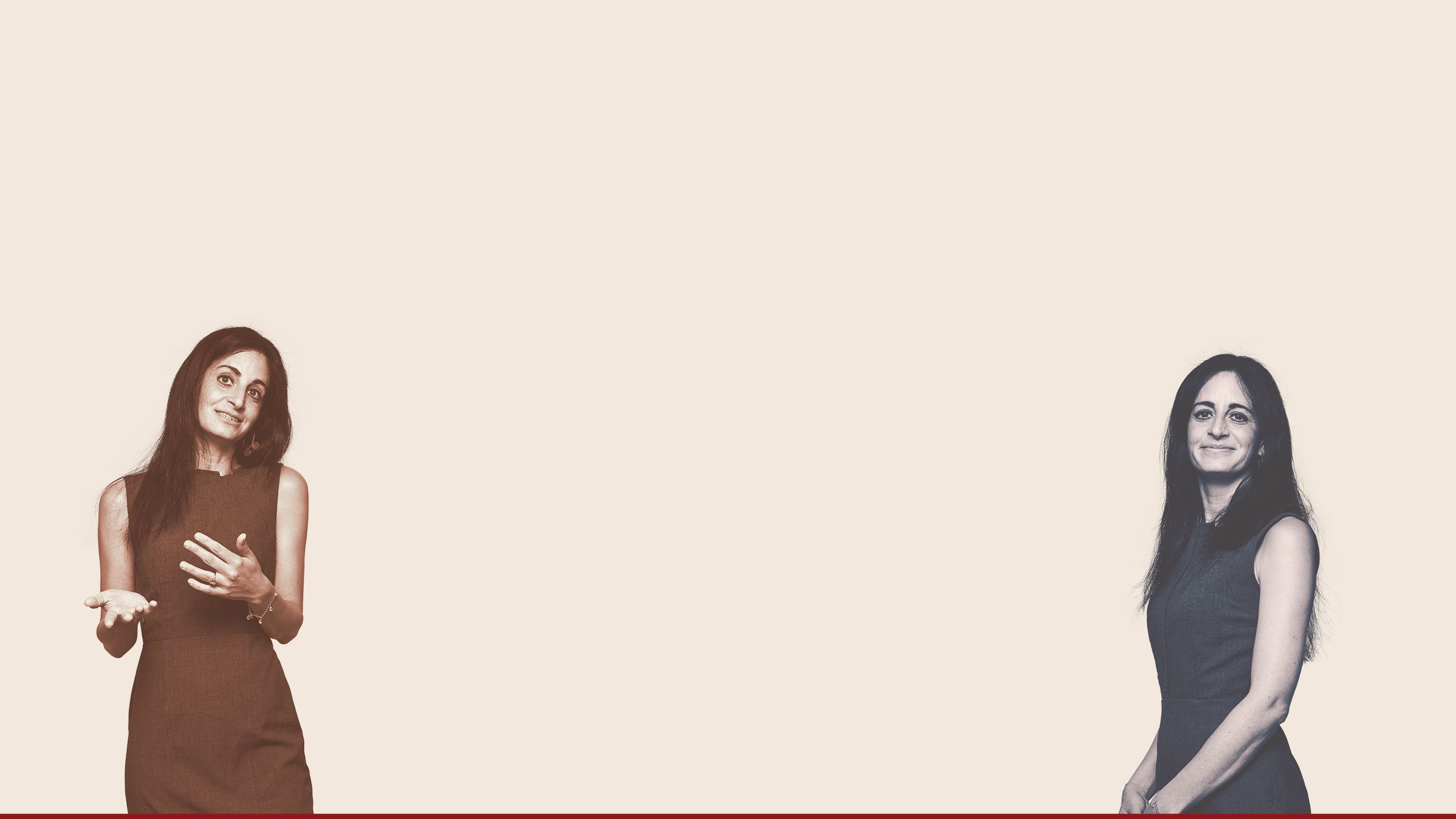Levelling the legal playing field

Dr Or Brook is one of the first academics to be awarded a Michael Beverley Innovation Fellowship at the University of Leeds. This pioneering programme has been designed to help academics develop the commercial awareness needed to get their big ideas out into the world and make it a better place for all.
The Fellowship took Or out of her usual law school surroundings and placed her in a cohort with doctors, engineers and scientists, all supporting each other to transform their groundbreaking research into something that has real world impact.
“I was amazed by how innovative they all were,” says Or. “One of the people in my group created vertical farming – a way to grow vegetables vertically for growing in urban areas and where there is limited light. I was really taken by that.
“Another researcher had developed a way to sign works of art by using DNA, to avoid forgery. Everyone was incredibly inspiring.”
Or is an Associate Professor in Competition Law and Policy – her research focus is on competition law and regulation of markets, an area of the law concerned with maintaining a healthy, competitive and fair free market economy.
“I’m a lawyer, so I was a little different in that I didn’t have a tangible product,” she explains. “Instead, my aim is to bring innovation to law enforcement.”
Shining a light into a dark corner

“Traditionally we presume that any kind of violation of the law will result in some kind of law enforcement,” Or explains. “But we know this is not the truth.
“In actual fact only a fraction of administrative law infringements are being detected. And there are studies that suggest around 90% of cases being detected are not being fully enforced.”
Since 2019, Or has worked with Dr Kati Cseres (Amsterdam Centre for European Law and Governance) on the Priority Setting Project – an initiative to learn more about how authorities decide on their priorities for enforcing competition law, and how it can be reformed.
They wanted to find out how cases were chosen and how authorities then decided to handle each case. Were businesses issued with a deterrent, like a fine? Or did someone discuss the issue with them in a friendlier way? And how did authorities decide which approach to take?
Mapping an unexplored landscape

In Europe, empirical legal research – which explores and observes evidence first-hand rather than relying on legal texts or leading cases – is still emerging, so this information is not readily available for scrutiny.
“Currently it’s an invisible process,” says Or. “Most competition authorities don’t tell us which cases they haven’t taken on and why.”
This lack of transparency can bring a host of problems. Authorities are shielded from external accountability and public debate. There is no way to benchmark or establish best practice. In the worst cases, it could lead to corruption.
The Priority Setting Project spoke to mid or senior level staff members in all the competition authorities across Europe – 27 member states plus the UK’s CMA and the European Commission – to try and bring some of this information to light.
“We asked, how do you set your enforcement priorities? What are your rules? As a result, for the first time, we had a comprehensive map of what was actually going on.”
Embracing a commercial approach

The training, support and funding Or received during the Michael Beverley Fellowship encouraged her to think creatively when it came to disseminating her research and findings. She decided to try a video.
“Making an animated video to showcase our work was a big investment,” she says. “It’s not something you would normally consider as an academic. But the Fellowship pushed us to think about using the funding for something less conventional, something that you would not have done otherwise.”
Despite the intended audience being professional bodies that use sophisticated language and complex processes, the video was a resounding success.
“We had people saying ‘we saw your video, can you come and give us a training seminar?’ or ‘can you comment on this legislative reform?’. People might already understand all the jargon, but they’re also busy. They’re much more likely to look at a two minute video with a clear message that pops up on social media than read a long report.”
Taking the next big step
The Priority Setting Project is making huge strides, having just signed a partnership agreement with the United Nations’ Conference on Trade and Development.
The intention is to expand the project beyond Europe to include developing countries where the competition authorities tend to be smaller, have less money and experience different kinds of challenges.
The first cohort of the Michael Beverley Fellowship is still underway, with fellows continuing to take part in the scheme’s mentoring and networking. Or stays in touch with her peers from other disciplines, seeing them regularly at the initiative’s events.
“One of the nicest things about the Fellowship is that you get to know a lot of other researchers in the University,” Or says. “Often you only know the people from your own school or faculty.
“This was a way to get to know new people working in different disciplines and a completely different type of research and innovation. It’s great that we’re still in touch. Hearing about their innovations and the progress they are making motivates me to do even more.”
About Or
Dr Or Brook is an Associate Professor in Competition Law and Policy at the University of Leeds and Deputy Director of the Centre for Business Law and Practice.
She has an interdisciplinary academic background – combining law and economics – and specialises in international, EU, and comparative competition law, policy, and empirical legal research.